The Mid-Atlantic Fishery Management Council convened an Offshore Wind Best Management Practices Workshop Feb. 5-6 in Baltimore, MD with the goal of identifying standards for wind energy developers to follow in avoiding conflicts with commercial and recreational fisheries.
More than 40 council members, council advisers, and interested parties participated. The event, which was sponsored by the Bureau of Ocean Energy Management (BOEM), also hosted three fishermen from Great Britain who came to share their experiences.
 Offshore energy development in the form of wind farms is an emerging new industry on the Northeast Outer Continental Shelf. What the future holds is not clear, but we do know that fishermen need to understand the permitting process, recognize what questions to ask, and realize that they have the power to shape decisions.
Offshore energy development in the form of wind farms is an emerging new industry on the Northeast Outer Continental Shelf. What the future holds is not clear, but we do know that fishermen need to understand the permitting process, recognize what questions to ask, and realize that they have the power to shape decisions.
Over the past 18 months, lease sales have been held for wind farm proposals in an area off Massachusetts and Rhode Island and a site off Virginia. Additional leases are anticipated this year in federal waters off Maryland, Massachusetts, and New Jersey.
With a lease from BOEM in hand, a developer has five years to collect information and prepare an application for a construction and operation permit. The process, however, can move more quickly.
Developers have to identify potential impacts to local fisheries and communities in the application. They also should offer ways to avoid or lessen those impacts.
To date, however, BOEM has provided few guidelines for developers to accomplish this. Major ocean…
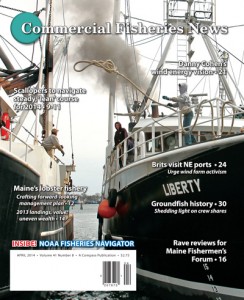 Read the rest and much, much more in the April issue of Commercial Fisheries News.
Read the rest and much, much more in the April issue of Commercial Fisheries News.
Read online immediately and download for future reference.


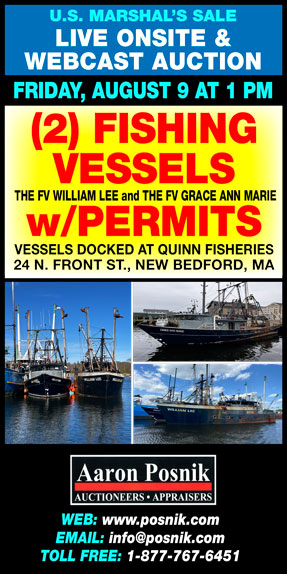
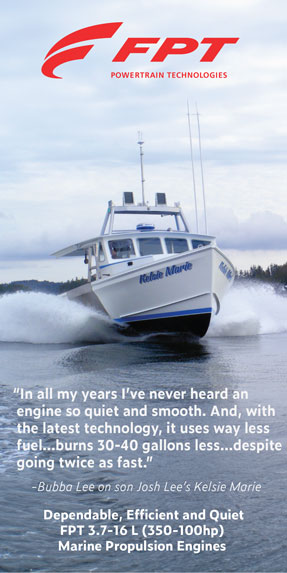
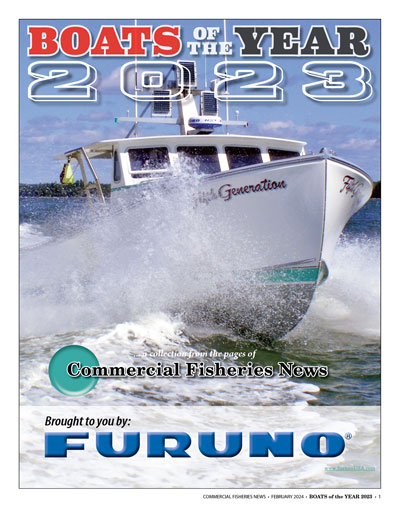
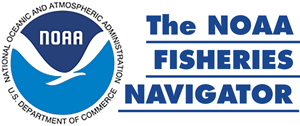

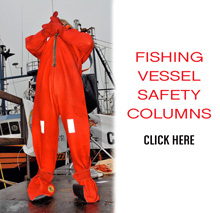
 Updating...
Updating...